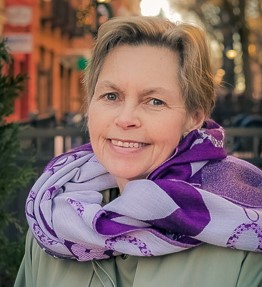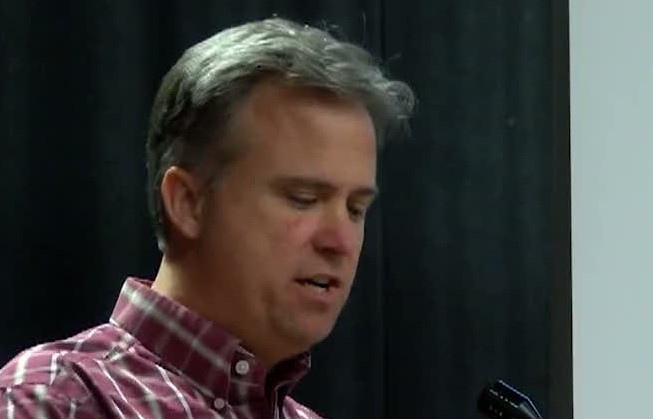Move the Nuclear Weapons Money welcomes the decision by the United States city of Charlottesville, Virginia on June 3, 2019 to end investments of its all operating budget fund in weapons and fossil fuel companies (See Charlottesville City Council Votes to Divest From Fossil Fuels, Weapons, NBC News, June 3, 2019).
‘In these times of ecological crisis and increasingly destructive armed conflicts, continuing to invest in industries that are contributing to the problem is unethical and a violation of the trust of the people,’ says Alyn Ware, Co-founder of Move the Nuclear Weapons Money and Member of the World Future Council. ‘Charlottesville City has taken a step that is still uncommon, but will need to become the norm in order to prevent global ecological catastrophe. We must ensure that financial investments are a tool for sustainability rather than a force for destruction.’
City Councillor Kathy Galvin said that move is a step in the right direction for the city. “This really, in my mind, puts us in the right direction towards meeting all of our goals as embodied in our comp plan, embodied in our resolutions about sustainability,” said Councillor Galvin.

Kathy Galvin, Member of the Charlottesville City Council and supporter of the divestment initiative
The Charlottesville City Council took the decision following months of advocacy by a coalition of groups called Divest Cville, which argued that the City had a responsibility to act to protect the environment and save lives, in particular because the US Federal government was not only failing in this responsibility, but was contributing to the problem.
According to World Beyond War, one of the member groups of the Divest Cville, ‘U.S. weapons companies supply deadly weapons to numerous brutal dictatorships around the globe, and companies Charlottesville currently has public funds invested in include Boeing and Honeywell, which are major suppliers of Saudi Arabia’s horrific war on the people of Yemen.’ In addition, ‘The current federal administration has labelled climate change a hoax, moved to withdraw the U.S. from the global climate accord, attempted to suppress climate science, and worked to intensify the production and use of warming-causing fossil fuels, with the burden therefore falling on city, county, and state governments to assume climate leadership for the sake of their citizens’ wellbeing and the health of local and regional environments.’ (See Charlottesville Divests from Weapons and Fossil Fuels, World Beyond War, June 3, 2019)
‘Combining weapons with fossil fuels was not just a matter of listing the two worst investments, but was a step intentionally taken to highlight the connections between the two industries’, says David Swanson, Executive Director of World Beyond War. ‘A major motivation behind some wars is the desire to control resources that poison the earth, especially oil and gas. In fact, the launching of wars by wealthy nations in poor ones does not correlate with human rights violations or lack of democracy or threats of terrorism, but does strongly correlate with the presence of oil.’

David Swanson, Executive Director of World Beyond War, one of the member groups of the Divest Cville which led the Charlottesville divestment initiative
In consideration of the divestment proposal, City treasurer Jason Vandever reminded the Council that the fund managers have a legal and fiduciary responsibility to the fund’s beneficiaries—the citizens of Charlottesville and retirees from city employment – to protect the principal and to generate as much of a return as feasible. That means they can’t make investment decisions that would result in less money for the beneficiaries, even for a good cause. However, there was no compelling evidence that divesting from the fossil fuel and weapons industries would harm the investment returns.
‘Every new divestment decision supports the global trend of financial sustainable investment. They demonstrate that the financial returns of sustainable responsible investments, like ESG (Environmental, Social and Governance) and impact investment, have been widely acknowledged to be competitive with traditional investments,’ says Thies Kätow, nuclear divestment researcher for the World Future Council. ‘This is one of the reasons that a growing number of private investors – and investment funds managed by governments, cities, states, universities and other entities – are able to divest from fossil fuels, nuclear weapons, and even the broader conventional weapons industries while maintaining high-levels of return for their investment portfolios.’
Members of Divest Cville, while commending the decision of the Council, argue that divesting only from the operating budget is insufficient. They are also calling on the city to end its fossil fuel and weapons investments from the retirement fund. Treasurer Jason Vandever said the city is looking into that and plans to present options on that to the council at some point in the Fall.

